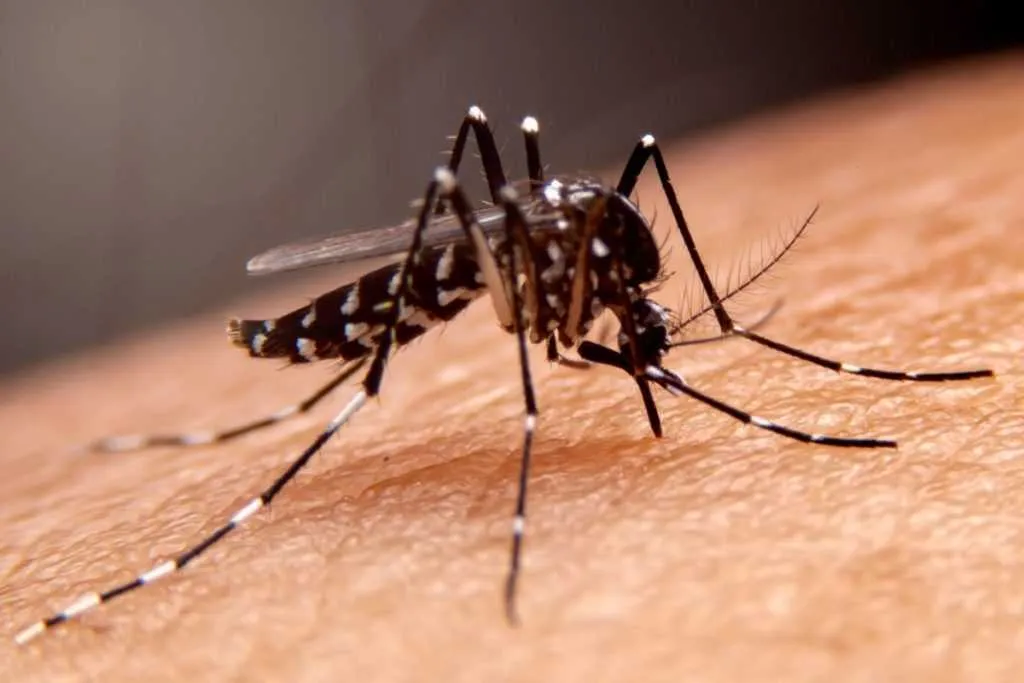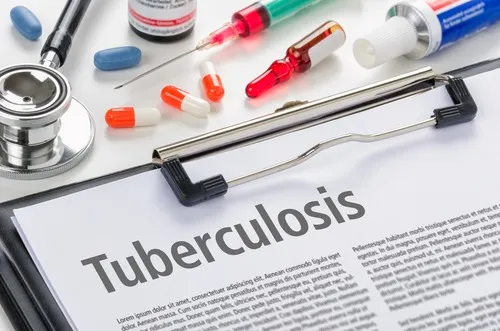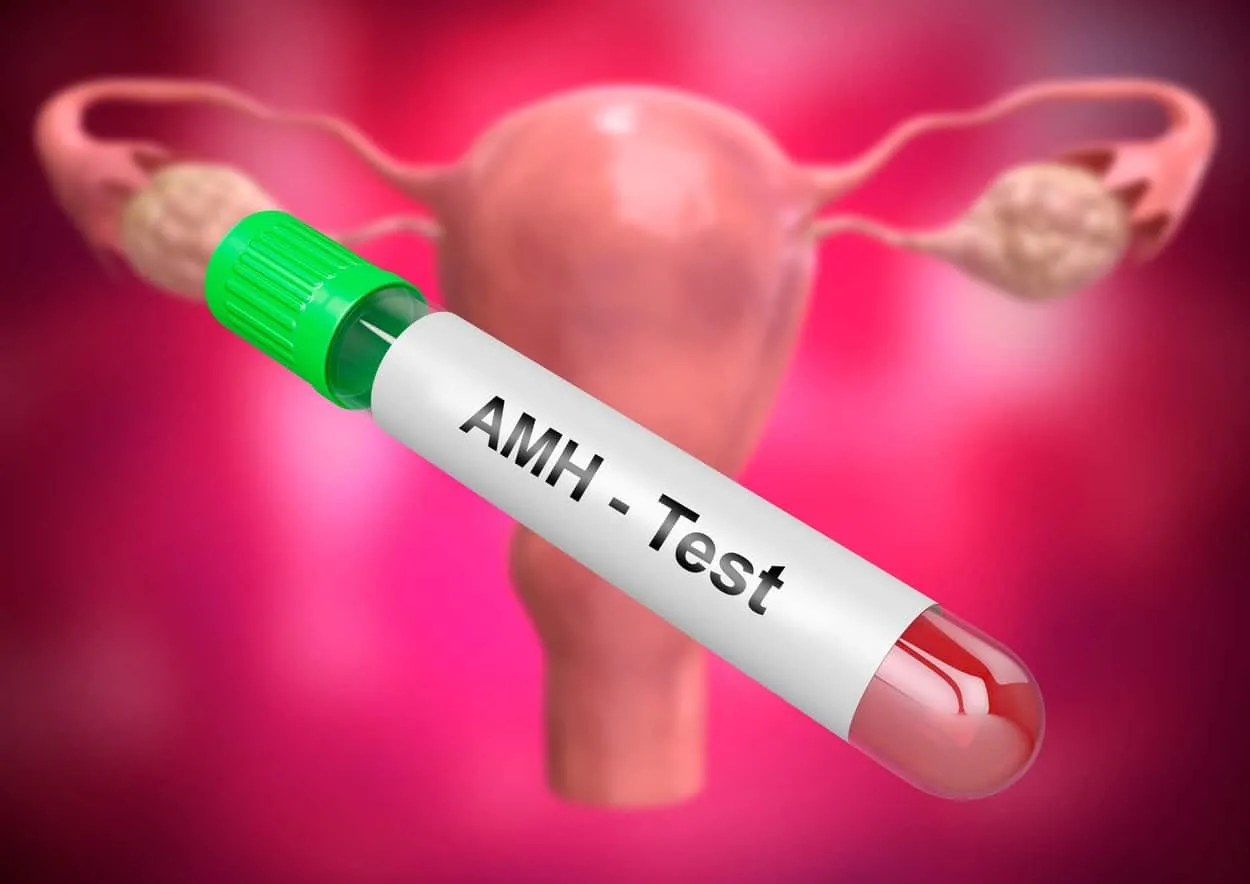For many, achieving clear and radiant skin feels like an elusive dream, despite dedicated skincare routines. One of the most persistent challenges in skincare is hormonal acne, a condition that continues to baffle and frustrate many individuals. Despite extensive efforts with various products and treatments, hormonal acne remains particularly stubborn. So, how can one distinguish hormonal acne from other types, and are there effective home remedies?
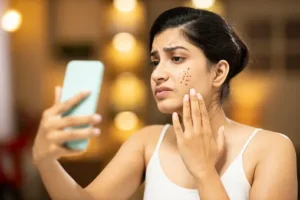
What is Hormonal Acne?
Hormonal acne is primarily triggered by fluctuations in certain hormones, such as estrogen, progesterone, and androgens like testosterone. These hormonal changes can increase sebum production, leading to clogged pores and acne outbreaks. While commonly associated with puberty, hormonal acne can also appear during pregnancy, menopause, and regular menstrual cycles. Stress and dietary factors can further exacerbate the condition.
Identifying Hormonal Acne
Hormonal acne typically manifests as deep, cystic lesions that are painful and inflamed, commonly affecting the lower face, jawline, chin, and neck. Unlike other acne types, hormonal acne is more severe and resistant to over-the-counter treatments. Scratching these lesions can lead to pain and permanent scarring.
Treatment Options
Treating hormonal acne often involves regulating hormone levels. Experts recommend:
- Oral contraceptives: These help balance hormones and reduce acne by regulating menstrual cycles and decreasing androgen levels.
- Anti-androgen drugs: Medications like spironolactone block androgen receptors, reducing oil production and acne formation.
- Topical retinoids: These help unclog pores, reduce inflammation, and promote cell turnover.
- Oral antibiotics: Used to reduce bacterial growth and inflammation, especially in severe cases.
Home Remedies
While traditional treatments are crucial, some home remedies can supplement them:
- Tea tree oil: Known for its antibacterial and anti-inflammatory properties, it can reduce acne lesions when diluted.
- Aloe vera: Its soothing and anti-inflammatory effects can calm irritated skin and promote healing.
- Green tea: Topical application or consumption can reduce sebum production and inflammation.
- Apple cider vinegar: When diluted, it acts as an astringent and antibacterial agent, balancing skin pH.
- Peppermint tea: Drinking it can reduce androgen levels, beneficial for managing hormonal acne.
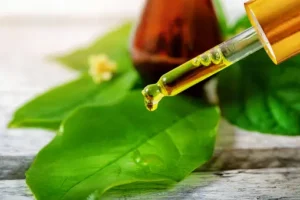
Remedies to Avoid
Some popular home remedies can worsen acne:
- Lemon juice: Its high acidity can irritate the skin and cause more breakouts.
- Toothpaste: Ingredients in toothpaste can irritate the skin and exacerbate acne.
- Baking soda: Disrupts skin’s pH balance, causing irritation.
- Garlic: Applying raw garlic can burn and irritate the skin due to strong sulfur compounds.
- Coconut oil: Highly comedogenic and can clog pores, worsening acne.
Diet and Hormonal Acne
Diet plays a significant role in managing hormonal acne. Foods that rapidly increase blood sugar, like refined sugars and carbs, can spike insulin levels and increase sebum production. Dairy products, especially milk and processed cheese, can worsen acne due to bioactive molecules. Conversely, omega-3-rich foods like nuts, fish, and flaxseeds have anti-inflammatory properties that help reduce acne. Fresh fruits and vegetables, high in antioxidants, also improve skin health.

Tips for Managing Hormonal Acne
- Identify the root cause of your acne, whether it’s diet, sleep patterns, PCOS, or puberty.
- Maintain a simple skincare routine with non-comedogenic and acne-safe products.
- Improve your diet and lifestyle, reducing fatty foods and dairy intake.
- Avoid picking at acne to prevent scarring.
- Be skeptical of social media remedies and seek professional help from dermatologists.
- Regularize your sleep cycle and consume antioxidant-rich foods like celery, kale, and fresh fruits.
Remember, hormonal acne can be distressing and demoralizing, affecting individuals of all ages and genders. While home remedies can provide relief, they are slower to show results compared to chemical treatments, requiring patience and consistency. Seek professional advice for effective management and treatment of hormonal acne.








